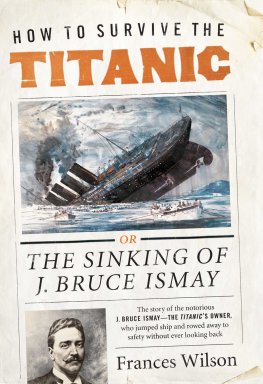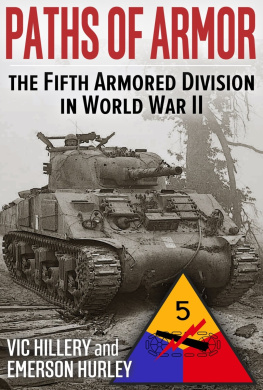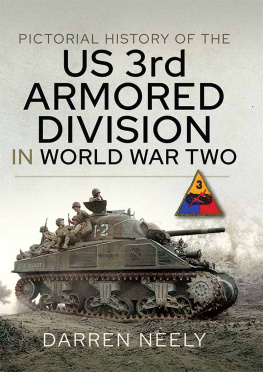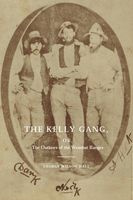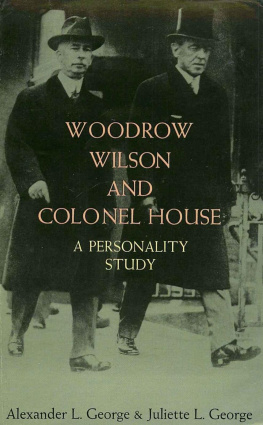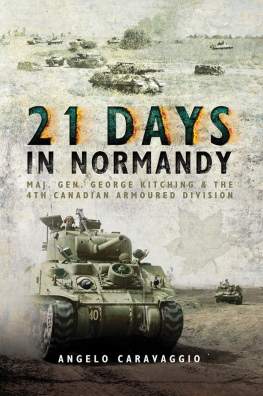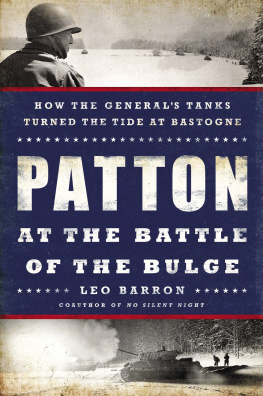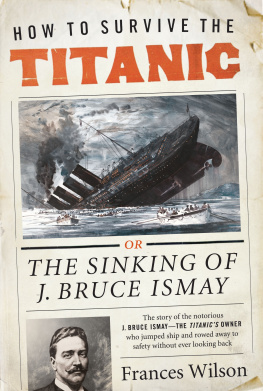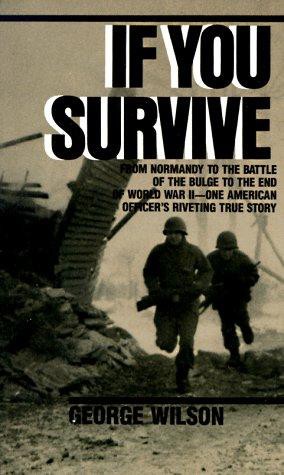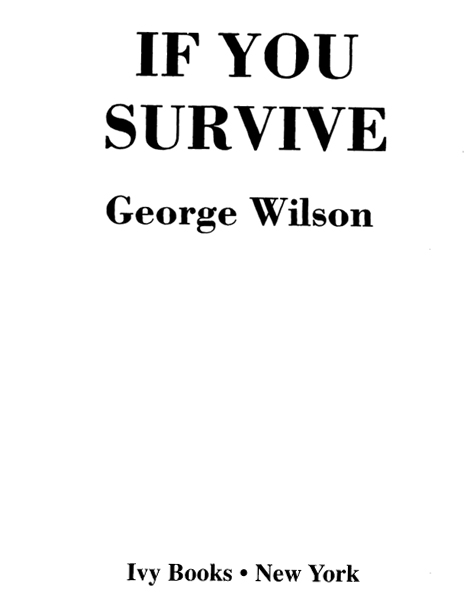Published by Ballantine Books
Copyright 1987 by George D. Wilson
All rights reserved under International and Pan-American Copyright Conventions. Published in the United States by Ballantine Books, a division of Random House, Inc., New York, and simultaneously in Canada by Random House of Canada Limited, Toronto.
http://www.randomhouse.com
Library of Congress Catalog Card Number: 97-90339
eISBN: 978-0-307-77525-2
v3.1
TO MY WIFE, FLORINE, AND OUR CHILDREN, DAVID, STEPHEN, KEVIN, KRISTIN AND JONATHAN
Acknowledgment
I gratefully acknowledge the support and encouragement of Howard Thurlow, formerly of the Cannon Company of the 22nd Infantry, often attached to the 2nd Battalion. His help typing and editing from my longhand was invaluable.
CONTENTS
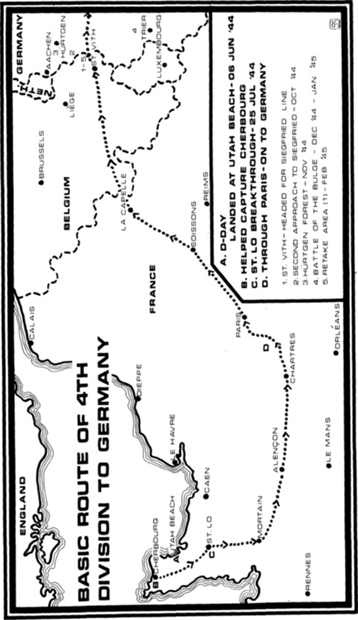
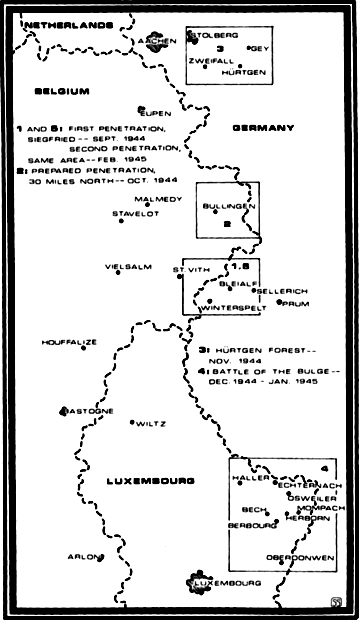
I
INDOCTRINATION
E ven though America was heavily engaged in World War II in the fall of 1942, I felt safe in enrolling in college because the Marines and the Navy had turned me down. I wore glasses. They were still being very selective, and anyone who wore glasses was an automatic reject. However, the Army was not the least bit disturbed by my slight visual impairment and on September 19, 1942, drafted me as a raw recruitjust a week before classes opened at Michigan State, where I had been awarded a football scholarship.
A group of us were inducted at Fort Custer, Michigan, where we were issued uniforms and long-needled shots, sat through films on venereal disease, and took a lengthy IQ test. Two days later we boarded a train with blinds drawn and were on our way to parts unknown. Rumors as to our destination quickly began, but no one guessed correctly. After two days, the train finally stopped, and some of us sneaked a peek through the blinds to discover we were in Macon, Georgia.
Camp Wheeler was to be my home for the next five months. The camp was a few miles outside Macon and, by a long coincidence, happened to be only about 135 miles from my birthplace in the hills of northern Georgia. We were immediately screened for assignment by sergeants who seemed to know all about us. I requested the Army Air Force but was denied. The sergeant informed me my basic training would be with a special battalion of men who were considered to have officer potential. At this point the Army really had very little knowledge of our abilities, except for whatever the IQ test was worth.
For the next seven weeks we struggled through a basic infantry course, with the usual KP and guard duties, with lectures on fundamentals such as military courtesy, some weapons training and actual firing on the rifle range, bayonet drill, and hand-to-hand combat. Everything was very strange and new to me. I had never been away from home for more than a week and was totally ignorant of the Army. At first I didnt know a corporal from a sergeant, and officers seemed like gods to me because everybody, including the sergeants, jumped to rigid attention when they appeared.
For reasons quite unknown to me, I was picked immediately as an acting squad leader over twelve men. Possibly this was because of my athletic background or maybe because, to them, I appeared eager to learn how to be a soldier.
The second half of basic was in communications. We were trained in the use of field phones, laying wire, using codes and code devices, and message center operation. The training was interesting and our lieutenant was an excellent instructor.
Near the end of basic we were told we could apply for Officer Candidate School (OCS), and seventy-eight of the men in my company signed up. Then we found it was not quite as simple to get accepted as it at first appeared. We were required to go before a board of six officers chaired by a colonel. They really gave us the third degree. We were asked all sorts of questions, some very personal. Our military bearing and quickness of response seemed as important as the correctness of our answers. It seemed as though they deliberately tried to get us confused, and apparently in many cases they succeeded in doing so, for they eliminated sixty-one and passed only seventeen for admittance to OCS.
At the end of basic training the seventeen of us from my company along with some others from the rest of the battalion were moved about a mile across camp to Noncommissioned Officers School. This was the final step before OCS. It was a very tough, intensive four-week course, and only five of us passed and were promoted to corpora! and made eligible for OCS.
At last we were sent across the state to the Infantry School at Fort Bennning. For the next three months the training was most concentrated and intense. We worked day and night in both classroom and field. It was a damn good, rough, tough, cram course on weapons, tactics, map reading, close order drill, field maneuvers, and basic infantry training.
Some of the men could not take the rugged physical program or the mental strain of the classes, and so they flunked out and were quietly transferred. Only two of my original group survived to get commissions. Somehow I made it, and on May 8, 1943, I was duly commissioned a second lieutenant in the Army of the United States. By Act of Congress we were now officers and gentlemen. Some called us Ninety-Day Wonders.
My first assignment as an officer was to Camp Croft, South Carolina, as a basic training instructor. Then, only a month later, a group of us were picked out and dispatched to Camp Hood, Texas, to help start up a newly conceived seven-week crash course for the basic infantry training of college students. After this basic, they would be returned to collegeand thus Uncle Sam would not call on the countrys future brains as cannon fodder, short of dire emergency.
This experimental program never really got off the ground; only eight hundred men or so were trained in six whole months, by enough instructors to cadre an entire division of many thousands. Most of the time we instructors were bored silly and exhausted by the effort of trying to find something to occupy our time. Having no students, the instructors practiced instructing each other. After a while, even the brass gave up on the futile effort. So we played horseshoes, volleyball, and found similar pastimes for six months. My own training regiment did not receive a single college man to train. Finally, three days before Christmas in 1943, thirty of the officers from my regiment were sent to the Eighty-sixth Division, then on maneuvers in the swamps of Louisiana.
We struggled through the mud and rain and ice of the swamps until February 1944, and learned very littleother than how to exist in such terrible conditions. The weather was worse than any I had ever been through in Michigan.
Next we moved into nearby Camp Livingston, Louisiana, and resumed regular garrison training. The Army brass decided, however, that the Eighty-sixth Division was not fit for combat as a unit and began to break it up. Almost every day we received orders to ship out a few more men and officers as overseas replacements. It became quite a tough job choosing the men for the list, and each unit commander naturally tried to hang on to his best men. Finally, in April, 1944, my own turn came, and I was ordered to Camp Shanks, New York, with seven days leave at home en route.


